Reskilling in the Age of AI: Navigating Career Transitions
Welcome to the Reskilling 101 class! 🎓 Let’s break down the mysteries of reskilling and why it’s the superhero cape you didn’t know you needed in this fast-paced, ever-changing job market.
Hey there, fellow navigators of the professional seas! In this ever-evolving job landscape, it’s like we’re all on a cosmic journey through career transitions, discovering new galaxies of opportunities. The catch? It’s not just about finding the right star to hitch your wagon to; it’s about adapting to the changing constellations of the job market.
Now, let’s talk about the elephant in the room – Artificial Intelligence, or as we like to call it, the tech wizard of the future. 🤖 AI is rewriting the job market script faster than a sci-fi plot twist. As it takes center stage, adapting isn’t just an option; it’s a must for every aspiring professional.
Imagine AI as the co-pilot on this wild ride of your career, shaping the future of work in ways we’re still figuring out. It’s like upgrading from a flip phone to a smartphone – you gotta learn the ropes to keep up with the cool kids.
Reskilling Demystified 🚀
Reskilling is like giving your professional toolkit an upgrade. It’s about acquiring new skills or enhancing existing ones to stay relevant in an ever-evolving job landscape. Think of it as adding new apps to your career smartphone!
Why Does it Matter?
In a world where industries are like chameleons changing colors, reskilling is your secret weapon. It keeps you in the game, makes you the sought-after candidate, and ensures you don’t end up in the professional dinosaur museum. Stay sharp, stay reskilled!
The Perks of Reskilling 🌟
1. Increased Employability
Imagine your skillset as a treasure chest – the more valuable gems inside, the more employers want to snatch it up. Reskilling opens doors to new opportunities and makes you a hot commodity in the job market.
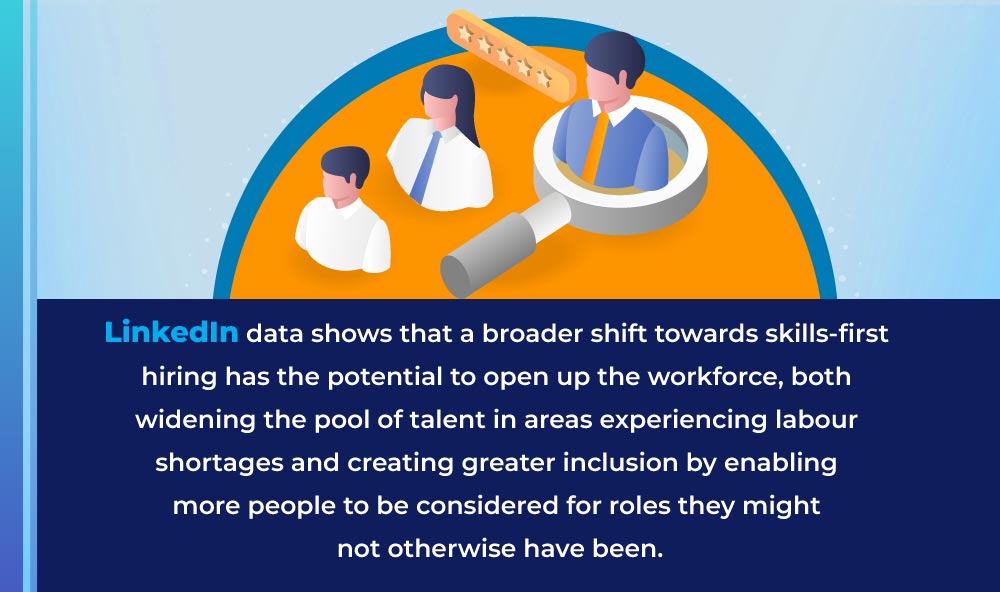

2. Job Satisfaction on Steroids
Picture yourself doing a job you love, where your skills align with your passions. Reskilling helps you find that sweet spot, turning your 9-to-5 grind into a fulfilling journey. Job satisfaction is not just a myth; it’s the result of the right skills in the right place.
3. Adaptability is the Name of the Game
In the professional survival of the fittest, adaptability reigns supreme. Reskilling equips you with the tools to dance with changes instead of being swept away by them. It’s the difference between being a participant and a spectator in your own career story.
Navigating Your Career Path: A Self-Discovery Expedition 🌟
1. Self-Assessment: Unveiling Your Superpowers 🦸♀️🦸♂️
Embarking on the right career path starts with understanding yourself. Imagine this as your superhero origin story – the moment you discover your unique powers.
Guidance Tip:
Start by assessing your skills, interests, and values.
- What are you good at?
- What genuinely excites you?
- What principles guide your choices?
Reflect on these questions, maybe even grab a cup of coffee, and jot down your thoughts. The goal is to pinpoint your professional superpowers.
2. Market Research: Navigating the Professional Landscape 🌐
Your career journey is a bit like plotting a course on a treasure map. To find the treasure, you need to know where “X” marks the spot. That’s where market research comes in – the compass guiding you to the industries and skills in high demand.
Guidance Tip:
Dive into industry reports, job market analyses, and future trend predictions. Websites like LinkedIn, Glassdoor, and industry-specific forums are treasure troves of information. Identify emerging industries, trends, and skills that are like gold dust in the job market.
3. Success Stories: The Trailblazers Who Paved the Way 🚀
Learning from the experiences of others is like having a wise mentor by your side. Success stories are the roadmaps left behind by those who ventured into uncharted territories and emerged victorious.
Guidance Tip:
Explore the stories of professionals who made successful career transitions. These can be found in biographies, podcasts, or even LinkedIn profiles. Discover the challenges they faced, the skills they acquired, and how they transformed their careers. These narratives will inspire and guide you on your journey.
Navigating Challenges: Your Reskilling Survival Guide 🚧
1. The Time Crunch Challenge ⏰
Challenge: You’re juggling work, family, and social commitments, and adding reskilling to the mix feels like trying to fit a square peg into a round hole.
Practical Tips:
- Time Blocking: Schedule dedicated slots in your calendar for reskilling activities. Treat it as a non-negotiable appointment.
- Microlearning: Break down learning into bite-sized chunks. Even 15-30 minutes a day can add up over time.
- Prioritization: Identify your most productive times and prioritize reskilling during those periods.
2. Financial Hurdles: The Budget Conundrum 💸
Challenge: The fear of draining your wallet can be a significant roadblock. Reskilling might seem like a luxury when the bills are piling up.
Practical Tips:
- Explore Free Resources: Many reputable platforms offer free courses. Platforms like Coursera, Khan Academy, and YouTube can be goldmines of knowledge.
- Employer Support: Check if your employer has reskilling programs or offers financial assistance for skill development.
- Budget Planning: Create a realistic budget for your reskilling journey. Allocate funds wisely and look for cost-effective options.
3. Fear of Failure: The Anxiety Abyss 😰
Challenge: The fear of not succeeding can be paralyzing. What if you invest time and money and end up back where you started?
Practical Tips:
- Mindset Shift: See failure as a pit stop, not the end of the road. Each setback is a lesson learned.
- Break it Down: Divide your reskilling goals into smaller, manageable tasks. Celebrate small victories along the way.
- Seek Support: Connect with a mentor, join online communities, or share your journey with friends. A support system can be your safety net.
4. The Overwhelm Overload Challenge 🤯
Challenge: The sheer volume of information and choices can be overwhelming. Analysis paralysis can kick in.
Practical Tips:
- Goal Clarity: Define clear, specific goals for your reskilling journey. What skills do you want? What job role are you targeting?
- Research Wisely: Focus on quality over quantity when researching courses or skills. Identify what aligns with your goals.
- Pause and Reflect: Take breaks to reflect on your progress. It’s okay to reassess and adjust your strategy as needed.
Decoding the Job Market Trends: Skills, Industries, and the Changing Landscape 🌐💼
1. Industries on the Rise: Riding the Waves of Growth 🚀
Current Trends:
- Tech and IT: The technology sector continues its meteoric rise, driven by innovations like artificial intelligence, cloud computing, and cybersecurity. Demand for software developers, data scientists, and IT professionals is soaring.
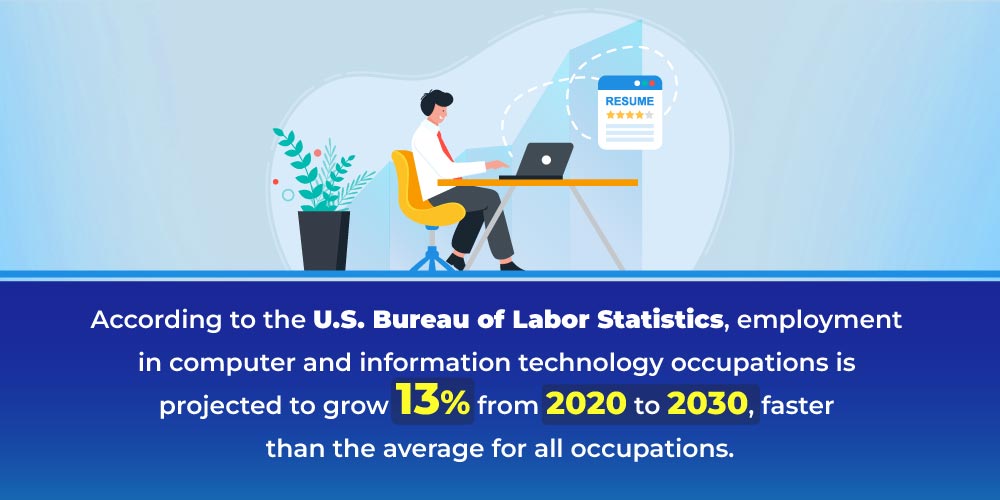

- Healthcare: The COVID-19 pandemic catapulted healthcare into the spotlight. Beyond traditional roles, there’s a surge in demand for telehealth specialists, healthcare IT professionals, and data analysts in the medical field.
- Renewable Energy: The world’s focus on sustainability fuels the growth of the renewable energy sector. Jobs in solar and wind energy, as well as roles in sustainable architecture and environmental engineering, are on the ascent.
Skills in Demand:
- Data Analysis: As businesses harness the power of data, the need for professionals who can analyze and interpret it is skyrocketing. A LinkedIn Workforce Report states that data analysis is one of the top skills employers seek, with a year-over-year increase of 46% in job postings.
- Digital Marketing: With the digitalization of business, companies seek digital marketers proficient in SEO, social media, and content creation.
- Cybersecurity: The rise in cyber threats elevates the demand for cybersecurity experts to safeguard digital assets.
- Project Management: Efficiency is key, and project managers are the conductors of this orchestra.
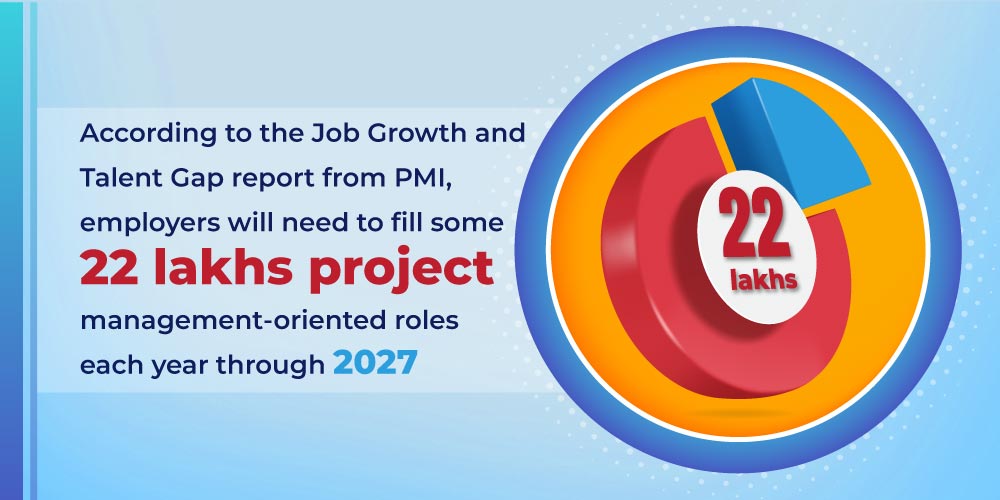

2. Remote Work Revolution: Reimagining the Workplace 🏡
Impact of Remote Work:
- Flexibility is King: Remote work isn’t just a temporary trend; it’s a fundamental shift. Companies are adopting hybrid models, giving employees the flexibility to work from anywhere.
- Global Talent Pool: The geographical boundaries of hiring are dissolving. Professionals can collaborate with teams worldwide, creating a diverse and inclusive talent landscape.
- Tech Connectivity: Virtual communication tools have become the lifeline of remote work, with platforms like Zoom, Microsoft Teams, and Slack becoming integral to business operations.
Reskilling Opportunity:
- Virtual Collaboration: Proficiency in virtual collaboration tools is now a core skill. Platforms like Zoom and Microsoft Teams offer certifications, enhancing your virtual communication capabilities.
- Time Management: Remote work demands strong time management skills. Reskilling in time management techniques ensures productivity and work-life balance.
- Digital Communication: The ability to communicate effectively in a digital environment is crucial. Reskilling in email etiquette, video conferencing, and virtual presentation skills is a wise investment.
3. Gig Economy Grows Strong: Embracing Flexibility 💼
Impact of the Gig Economy:
- Flexible Work Arrangements: Gig work provides individuals with the autonomy to choose when and where they work. Platforms like Upwork and Fiverr connect freelancers with businesses seeking specific skills.
- Diverse Opportunities: The gig economy spans diverse sectors, from creative services and digital marketing to programming and project management.
- Entrepreneurial Spirit: Many gig workers view freelancing as an entrepreneurial venture, managing their projects and cultivating a portfolio career.
Reskilling Opportunity:
- Entrepreneurial Skills: Even if you’re not starting a business, developing an entrepreneurial mindset is beneficial. It involves thinking strategically, taking initiative, and adapting to changing demands.
- Adaptability: Gig workers must adapt to various projects and industries. Reskilling in adaptability, flexibility, and versatility enhances success in the gig economy.
- Networking: Building a personal brand and networking are vital for gig workers. Reskilling in online networking, personal branding, and client communication strengthens your position in the gig economy.
Charting the Future: Emerging Technologies and the Evolution of Job Roles 🚀🤖
1. Artificial Intelligence (AI): The Architect of Tomorrow’s Workforce 🤖
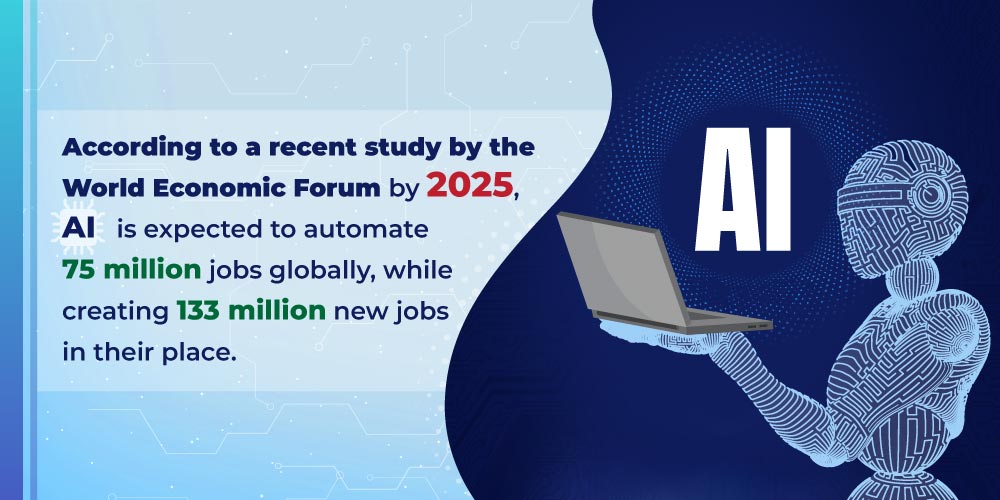

Role in Shaping New Job Roles:
- AI Integration Specialists: As organizations embrace AI, specialists who can seamlessly integrate AI into existing systems and workflows are in high demand.
- Ethical AI Strategists: With the ethical implications of AI in the spotlight, professionals who can navigate the ethical landscape and ensure responsible AI use are crucial.
- AI Trainers and Explainability Experts: As AI systems become more complex, the need for experts who can train these systems and explain their decisions to non-technical stakeholders is rising.
Reskilling Opportunity:
- AI Literacy: A basic understanding of AI principles and applications is becoming a fundamental skill across various industries.
- Machine Learning: Proficiency in machine learning algorithms and techniques is increasingly valuable for roles involving data analysis and predictive modeling.
- Ethics and Compliance Training: Courses focusing on AI ethics and compliance help professionals navigate the ethical considerations associated with AI technologies.
2. Blockchain: The Decentralized Game-Changer 🌐
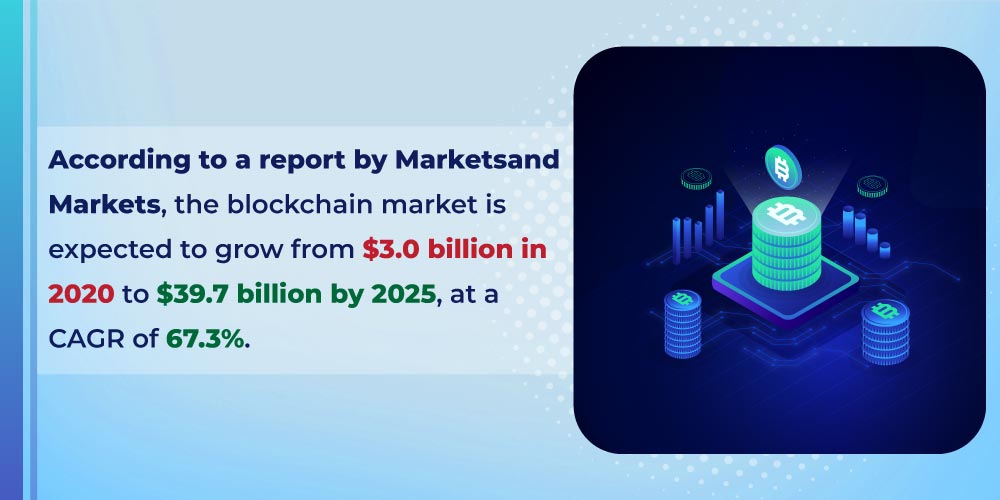

Role in Shaping New Job Roles:
- Blockchain Developers: Crafting secure and efficient blockchain solutions for industries like finance, healthcare, and supply chain management.
- Smart Contract Developers: Creating self-executing contracts using blockchain technology, revolutionizing contractual agreements.
- Blockchain Analysts: Examining blockchain data and ensuring the integrity and security of decentralized systems.
Reskilling Opportunity:
- Blockchain Basics: Understanding the fundamentals of blockchain technology, its applications, and potential industry impacts.
- Smart Contract Development: Learning to create and deploy smart contracts, streamlining various business processes.
- Blockchain Security: Gaining expertise in securing blockchain networks and addressing potential vulnerabilities.
3. Augmented Reality (AR) and Virtual Reality (VR): Redefining Experiences 🕶️🌐
Role in Shaping New Job Roles:
- AR/VR Content Creators: Designing immersive experiences for industries like gaming, education, and healthcare.
- AR/VR Developers: Building applications and software that leverage augmented and virtual reality technologies.
- AR/VR Interaction Designers: Crafting user interfaces and experiences for AR/VR environments.
Reskilling Opportunity:
- AR/VR Design Fundamentals: Learning the principles of designing for immersive environments.
- Coding for AR/VR: Acquiring coding skills to develop applications that harness AR/VR technologies.
- Storytelling in Virtual Worlds: Understanding how to create compelling narratives and user experiences in augmented and virtual reality.
4. Cybersecurity: The Guardian of Digital Frontiers 🛡️
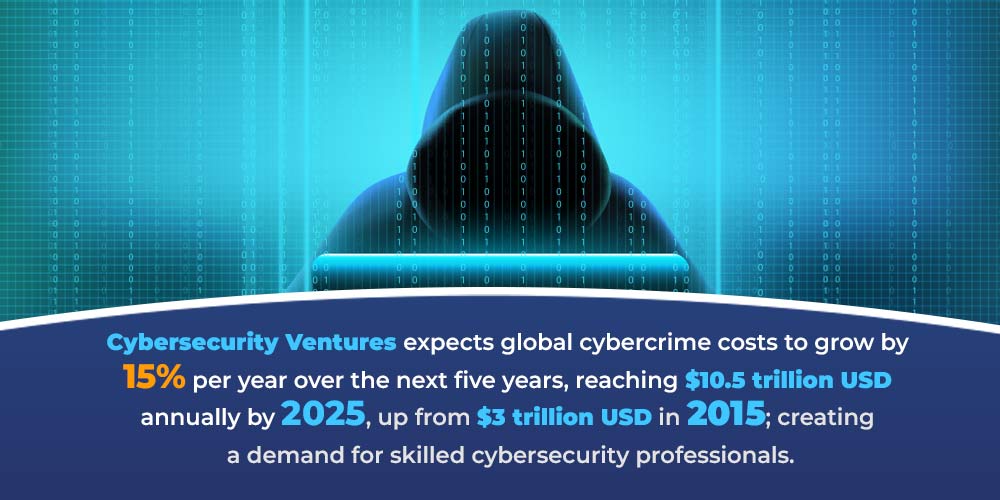

Role in Shaping New Job Roles:
- Cloud Security Specialists: Protecting data stored in cloud environments and ensuring the security of cloud-based services.
- IoT Security Experts: Safeguarding the increasing number of connected devices in the Internet of Things (IoT).
- Data Protection Officers: Navigating complex data protection regulations and ensuring compliance within organizations.
Reskilling Opportunity:
- Cybersecurity Basics: Building a foundational understanding of cybersecurity principles and practices.
- Cloud Security Certifications: Earning certifications specific to securing cloud environments.
- Data Privacy Courses: Learning about data protection laws and regulations, focusing on safeguarding user privacy.
The AI Paradox: Job Displacement and the Call for Skill Synergy 🤝
1. The AI Revolution: Job Displacement Unveiled 🌀
Artificial Intelligence (AI) is not just a technological leap; it’s a seismic shift reshaping the job landscape. While AI brings efficiency, innovation, and unprecedented possibilities, it also casts a shadow on certain job roles. Automation, machine learning, and AI-driven processes are streamlining tasks that were once performed by humans.
Job Displacement Realities:
- Routine Tasks: Jobs involving repetitive, routine tasks are particularly vulnerable. Manufacturing, data entry, and certain administrative roles may see shifts.
- Predictable Processes: AI excels in tasks with predictable patterns, making roles in data analysis, customer support, and certain aspects of finance susceptible.
- Manual Labor: Industries relying heavily on manual labor may witness the adoption of robotics and automation.
2. The Need for Skill Evolution: Complementing AI Capabilities 🛠️
In the face of AI advancements, humans are not powerless spectators; they are active participants in shaping their professional destinies. The key lies in recognizing the potential of skill synergy – the harmonious collaboration between human abilities and AI capabilities.
Skills That Complement AI:
- Critical Thinking: AI processes data, but humans excel in critical thinking, problem-solving, and decision-making. Cultivating these skills enhances human-AI collaboration.
- Creativity: AI lacks the innate creativity that humans bring to the table. Creative endeavors, from design to content creation, remain firmly in the human domain.
- Emotional Intelligence: Understanding and navigating emotions, a quintessentially human trait, is invaluable in roles involving empathy, leadership, and interpersonal relations.
3. Evolving Roles: The Rise of New Opportunities 🚀
The displacement caused by AI is not just about lost jobs; it’s about the evolution of roles. As certain tasks become automated, new opportunities emerge, demanding a fresh set of skills.
Emerging Opportunities:
- AI Ethics and Governance: With the increasing influence of AI, there’s a growing need for professionals who can navigate the ethical implications and governance of AI systems.
- AI Integration Specialists: Individuals skilled in seamlessly integrating AI into existing workflows are becoming indispensable in various industries.
- Human-AI Collaboration Roles: Positions that focus on optimizing the collaboration between humans and AI, ensuring a symbiotic relationship.
4. Lifelong Learning: The Antidote to Displacement 🎓
The era of AI underscores the importance of embracing lifelong learning. Adaptability is the key to navigating the evolving job market. Professionals must continually acquire new skills, stay updated on industry trends, and be ready to pivot when necessary.
Strategies for Lifelong Learning:
- Continuous Upskilling: Regularly invest time in acquiring new skills relevant to your industry or the one you aspire to enter.
- Industry Networking: Engage with professionals in your field, attend industry events, and participate in online forums to stay informed about the latest developments.
- Mentorship and Guidance: Seek guidance from mentors who can provide insights into skill gaps and emerging opportunities.
Forging Ahead: Humans and AI as Collaborators, not Competitors 🌐🤝
The future of work is a collaboration between humans and AI. While AI may automate certain tasks, it cannot replicate the depth of human creativity, critical thinking, and emotional intelligence. By acquiring skills that complement AI capabilities, humans can not only weather the storm of job displacement but also become architects of a future where technology enhances, rather than replaces, human potential. Onward to a future where humans and AI thrive in synergy! 🚀🤖
1. Online Courses and Certifications: Elevate Your Skills
Platforms:
- Coursera: Offers a wide range of courses and certifications from top universities and organizations. Explore options in technology, business, and creative fields.
- edX: Similar to Coursera, edX provides courses from universities worldwide. The MicroMasters and Professional Certificate programs are excellent for in-depth skill-building.
- LinkedIn Learning: With a vast library of courses, LinkedIn Learning covers diverse topics, including business, technology, and soft skills.
Sample Courses:
- “Python for Data Science and Machine Learning Bootcamp” on Udemy: Ideal for those venturing into data science and machine learning.
- “Digital Marketing Specialization” on Coursera (offered by the University of Illinois): Comprehensive coverage of digital marketing strategies.
- “Project Management Professional (PMP)®” on PMI.org: An industry-recognized certification for project managers.
2. Industry Partnerships: Bridging Education and Employment
Partnerships:
- Google’s Grow with Google: Collaborates with various organizations to provide training programs, scholarships, and resources in digital skills, data analysis, and IT support.
- IBM Skills Academy: Partners with educational institutions to deliver courses on emerging technologies like AI, blockchain, and cloud computing.
Benefits:
- Real-world Relevance: Industry-backed programs often align closely with current industry needs, ensuring practical and applicable learning.
- Networking Opportunities: Some programs offer networking opportunities with professionals and organizations in the respective industries.
3. Government Initiatives: Empowering Workforces
Initiatives:
- TechHire by the U.S. Department of Labor: Aims to empower individuals with the skills needed for tech jobs through training and placement programs.
- SkillsFuture in Singapore: A national movement encouraging individuals to develop their skills throughout life, supported by various training programs and subsidies.
Benefits:
- Financial Support: Government initiatives often provide financial assistance or subsidies for individuals pursuing reskilling programs.
- Recognition: Certifications obtained through government-supported programs are often recognized and valued by employers.
4. Educational Platforms: Customizing Learning Paths
Platforms:
- Khan Academy: Known for its free educational content, Khan Academy covers a broad range of subjects, making it suitable for foundational learning.
- Udacity: Specializes in tech-related nano degree programs, providing hands-on projects and mentorship.
- Codecademy: Focuses on coding and programming languages, offering interactive learning experiences.
Benefits:
- Flexibility: Educational platforms allow learners to customize their learning paths based on their interests and career goals.
- Accessibility: Many platforms offer free or affordable courses, making education accessible to a diverse audience.
Reskilling FAQs:
1. Is it too late to start reskilling, especially if I’m not in the early stages of my career?
Answer: It’s never too late! Reskilling is a journey open to everyone at any career stage. Many successful professionals have embraced reskilling in their mid-career or later. Focus on your strengths, transferable skills, and the unique experiences you bring to the table.
2. I have a significant amount of experience in my current field. Will reskilling still benefit me?
Answer: Absolutely. Your experience is an asset. Reskilling complements your existing expertise, making you more versatile. Identify areas where your current skills intersect with emerging trends and leverage that intersection for a smoother transition.
5. I’m worried about balancing reskilling with my current job and personal life. Any tips?
Answer: Time management is crucial. Break down your reskilling journey into manageable tasks, set realistic goals, and allocate dedicated time slots. Communicate with your employer about your aspirations; some companies offer support or flexibility for employees pursuing further education.
7. Will employers value the skills acquired through online courses and certifications?
Answer: Yes, many employers recognize the value of online courses and certifications, especially if they are from reputable platforms. Highlight your practical applications of learned skills in resumes and interviews. Additionally, showcasing a continuous learning mindset can be a strong asset.
Mind Over Matter 🧠💪
Embracing Change
Change can be a bit like a rollercoaster – thrilling but also stomach-churning. Reskilling is your fast pass to navigate the twists and turns with ease. Embrace change as a constant companion, and you’ll find the journey more exciting than intimidating.
The Reskilling Mindset
Successful reskilling isn’t just about learning new things; it’s about adopting the right mindset. Think of it as approaching a new level in a video game – curiosity, resilience, and a dash of patience will be your power-ups. The mindset shift from “I can’t” to “I can learn” is the game-changer.
So, there you have it – Reskilling 101. Get ready to unlock achievements in your career journey, armed with new skills, increased employability, and a mindset ready to conquer any challenge! 🌐🚀







